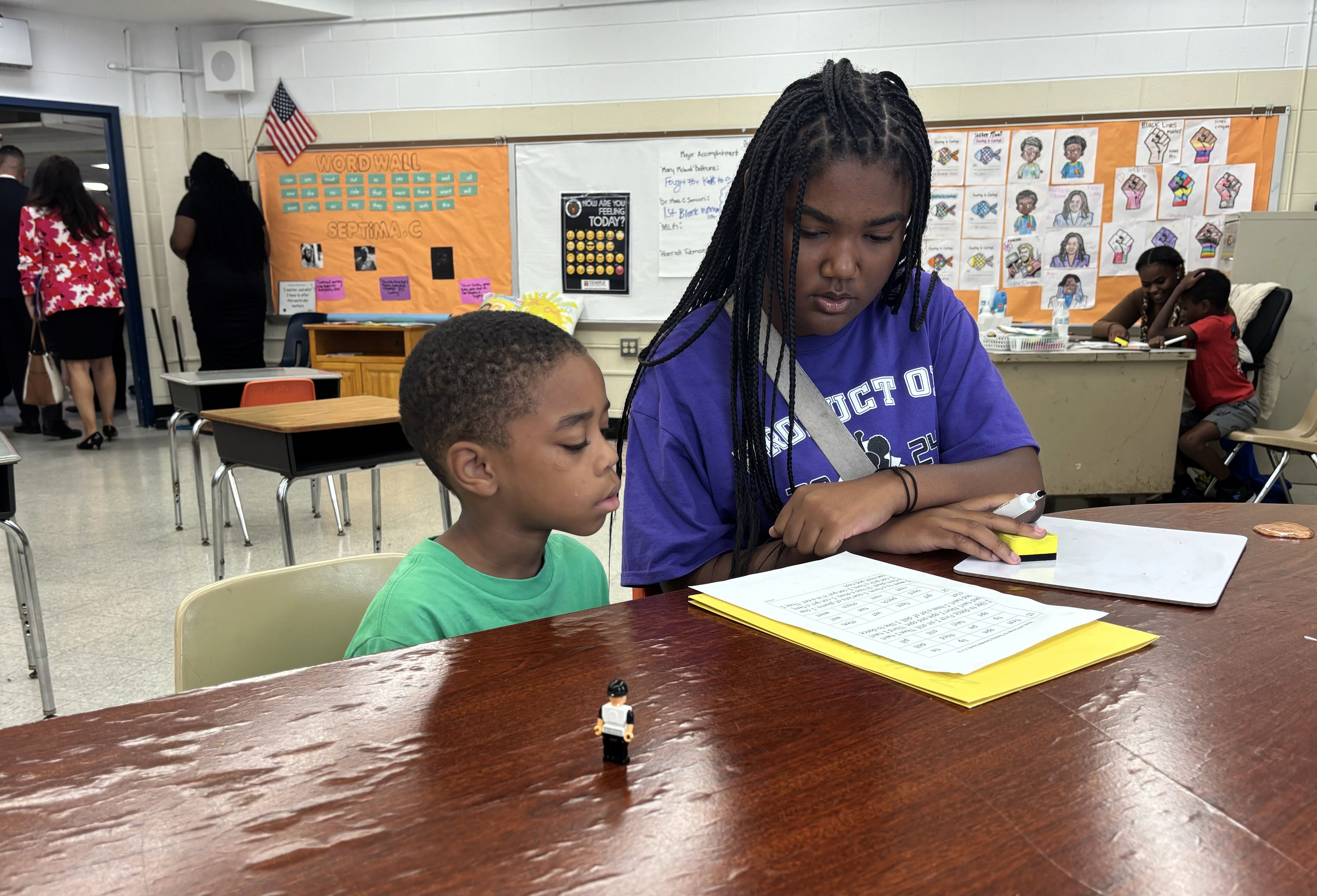New Jersey Advances Early Childhood Education Through Legislative Action
Introduction
On July 9, 2025, Governor Phil Murphy signed three significant bills aimed at enhancing early childhood education across New Jersey. These legislative measures are part of a comprehensive, multi-year initiative to expand access to free preschool and full-day kindergarten programs statewide. This effort aligns closely with the United Nations Sustainable Development Goals (SDGs), particularly SDG 4: Quality Education, by promoting inclusive and equitable quality education and lifelong learning opportunities for all children.
Investment and Expansion in Preschool Education
Over the past seven years, New Jersey has increased funding for public preschool by nearly $600 million, now investing $1.2 billion annually to support and sustain programs in communities throughout the state. Since the beginning of the Murphy administration, 229 school districts have been incorporated into state-funded preschool programs. Currently, more than half of the elementary-serving districts in New Jersey offer free preschool through partnerships with childcare providers or directly within elementary schools.
Legislative Measures to Support Universal Preschool and Full-Day Kindergarten
Bill S3910/A5717: Codifying Preschool Funding and Expanding Access
This bill legally establishes New Jersey’s preschool funding formula and modifies statutes to support universal access to high-quality, state-funded preschool programs. Key provisions include:
- Mandating the Department of Education (DOE) to provide annual preschool expansion grants.
- Codifying and revising requirements for preschool education aid.
- Creating a three-year Preschool Cost-Sharing Pilot Program.
- Forming a Universal Preschool Implementation Steering Committee with representatives from state agencies and the legislature.
- Requiring DOE, Department of Children and Families (DCF), and Department of Human Services (DHS) to maintain and update preschool and childcare provider information annually on their websites.
- Obligating these agencies to submit annual reports to the legislature on preschool education status and the effectiveness of mixed-delivery preschool methods.
- Publishing guidance on expanding access to high-quality preschool education in areas with the greatest need.
Additionally, the bill mandates that every elementary-serving school district must establish a free, full-day kindergarten program by the 2029-2030 school year, ensuring universal access to early education by 2030. Districts unable to provide full-day kindergarten directly may enter into send-receive agreements with neighboring districts.
Bill S4476/A5780: Enhancing Preschool Contracting Flexibility
This legislation permits boards of education to award contracts for preschool education services by resolution and extends the maximum contract length for preschools to three years, facilitating longer-term planning and stability for providers.
Bill A5908/S4695: Aligning Preschool Education Aid with New Legislation
This bill amends the Fiscal Year 2026 Appropriations Act to update language concerning Preschool Education Aid, ensuring consistency with the provisions established in Bill S3910/A5717.
Alignment with Sustainable Development Goals (SDGs)
- SDG 4 – Quality Education: The bills promote inclusive and equitable quality education by expanding free access to preschool and full-day kindergarten, crucial for early literacy and social-emotional development.
- SDG 10 – Reduced Inequalities: Prioritizing access for low-income students and underserved communities helps reduce educational disparities.
- SDG 17 – Partnerships for the Goals: The mixed-delivery system encourages collaboration between public schools, childcare centers, and community-based providers to meet diverse family needs.
Statements from Key Officials
- Governor Phil Murphy: Emphasized the importance of high-quality early education programs in setting the foundation for children’s academic and social success statewide.
- Department of Education Commissioner Kevin Dehmer: Highlighted New Jersey’s leadership in early childhood education and the bills’ role in expanding access and strengthening commitments to families and learners.
- Department of Human Services Commissioner Sarah Adelman: Noted the commitment to making early education more accessible, transparent, and equitable through a coordinated, inclusive system involving multiple providers.
Conclusion
New Jersey’s recent legislative actions represent a significant advancement toward achieving universal access to quality early childhood education, directly supporting the Sustainable Development Goals. By investing in and codifying preschool and full-day kindergarten programs, the state is fostering equitable educational opportunities that will benefit children, families, and communities for generations to come.
For more business news, visit NJB News Now.
1. Sustainable Development Goals (SDGs) Addressed or Connected
- SDG 4: Quality Education
- The article focuses on expanding access to free preschool and full-day kindergarten programs, which directly relates to ensuring inclusive and equitable quality education and promoting lifelong learning opportunities for all.
- SDG 10: Reduced Inequalities
- By prioritizing access for low-income students and expanding preschool access statewide, the article addresses reducing inequalities within and among communities.
- SDG 16: Peace, Justice, and Strong Institutions
- The establishment of committees, reporting requirements, and inter-agency collaboration reflects strengthening institutions and governance related to education.
2. Specific Targets Under Those SDGs Identified
- SDG 4: Quality Education
- Target 4.2: Ensure that all girls and boys have access to quality early childhood development, care, and pre-primary education so that they are ready for primary education.
- Target 4.5: Eliminate gender disparities and ensure equal access to all levels of education and vocational training for vulnerable populations.
- SDG 10: Reduced Inequalities
- Target 10.2: Empower and promote the social, economic, and political inclusion of all, irrespective of age, sex, disability, race, ethnicity, origin, or economic status.
- SDG 16: Peace, Justice, and Strong Institutions
- Target 16.6: Develop effective, accountable, and transparent institutions at all levels.
3. Indicators Mentioned or Implied to Measure Progress
- Indicators for SDG 4.2
- Number and percentage of districts offering free preschool programs.
- Funding amounts allocated annually to public preschool programs.
- Enrollment rates in free, universal preschool and full-day kindergarten programs.
- Annual reports on the status and efficacy of preschool education and mixed-delivery methods.
- Indicators for SDG 10.2
- Access to preschool education for low-income and underserved populations.
- Equity in preschool availability across districts and communities.
- Indicators for SDG 16.6
- Existence and activity of the Universal Preschool Implementation Steering Committee.
- Publication and updating of preschool and child care provider information on state websites.
- Submission of annual legislative reports on preschool education progress.
4. Table of SDGs, Targets, and Indicators
| SDGs | Targets | Indicators |
|---|---|---|
| SDG 4: Quality Education |
|
|
| SDG 10: Reduced Inequalities |
|
|
| SDG 16: Peace, Justice, and Strong Institutions |
|
|
Source: njbmagazine.com







